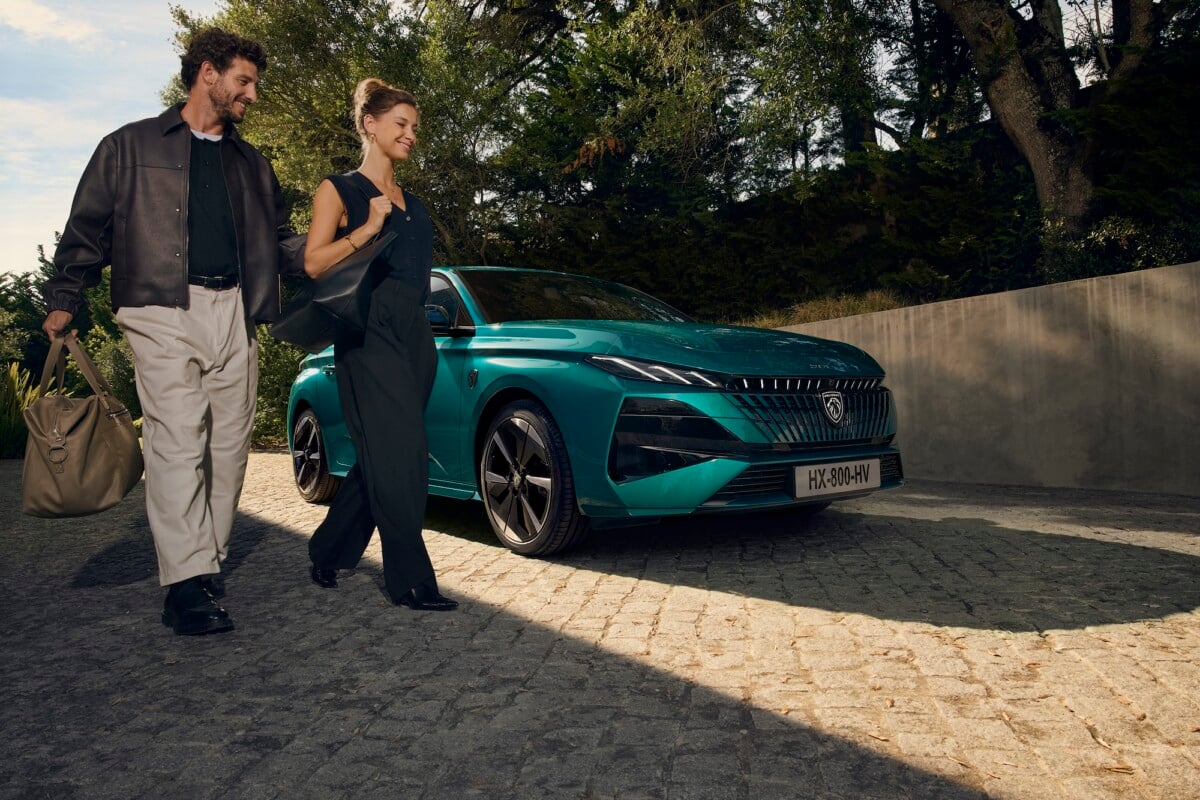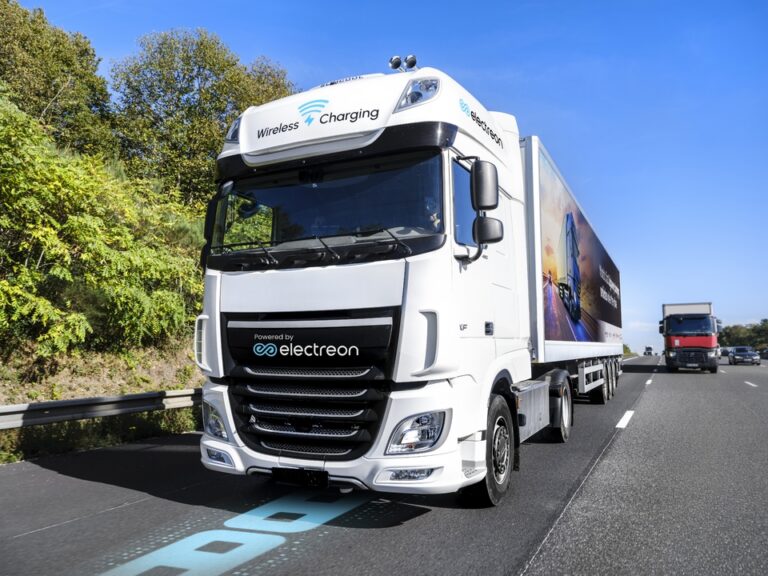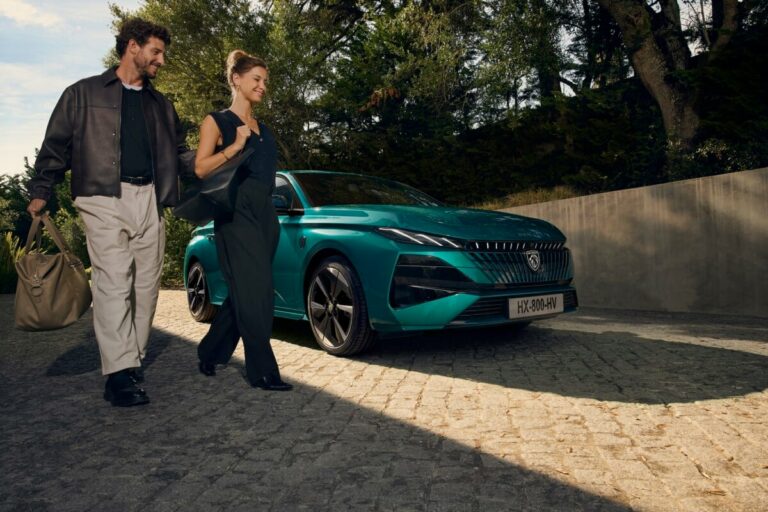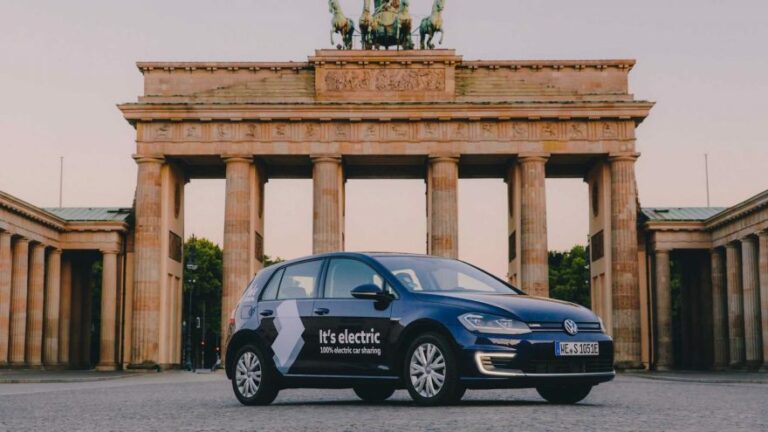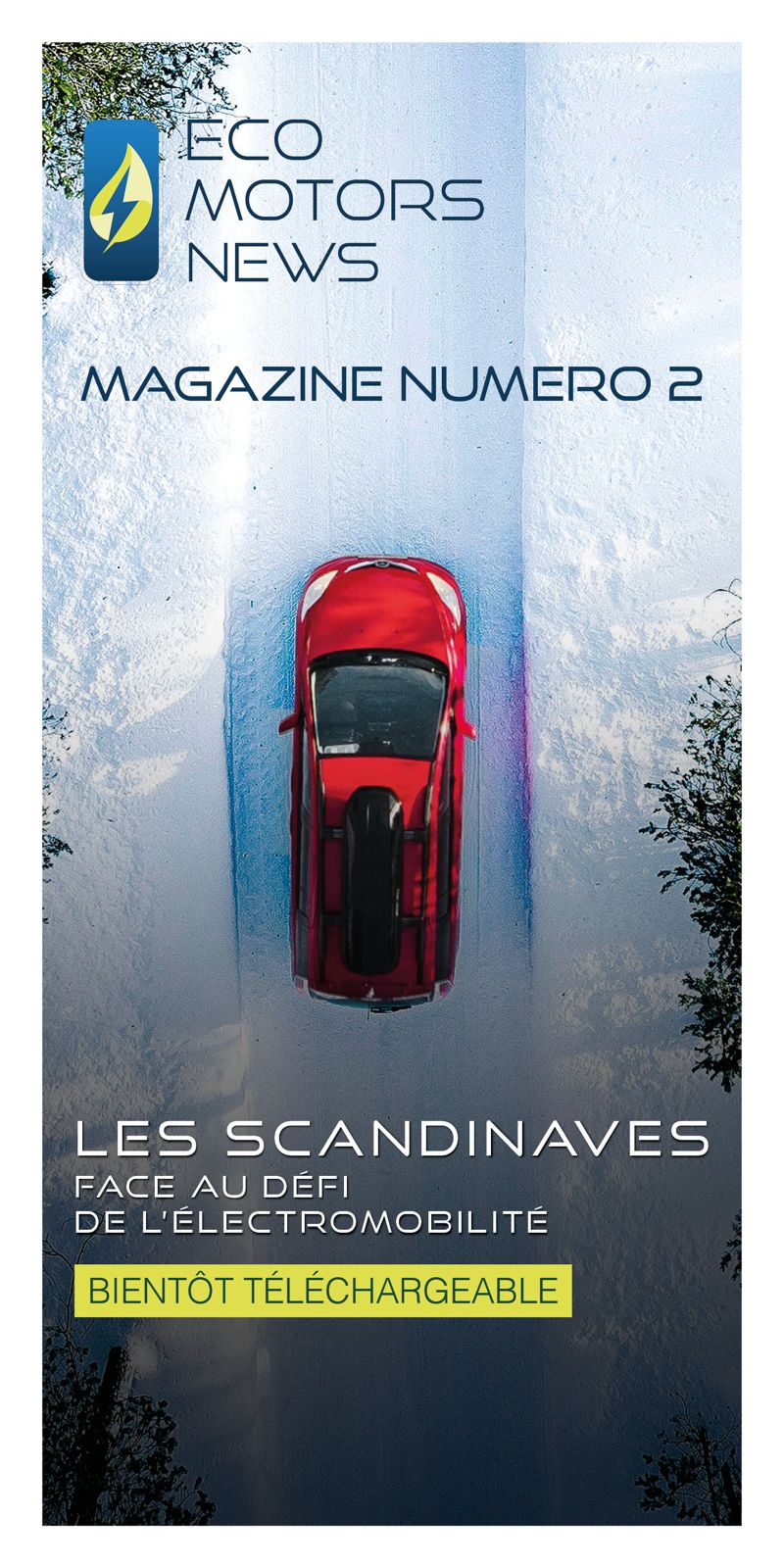The 2026 Finance Bill promises major changes for motorists, especially those with electric vehicles. Between reduced subsidies and increased taxes, French drivers could see their motoring budgets hit hard. Discussions in the National Assembly are likely to be tense, with no absolute majority for the government.
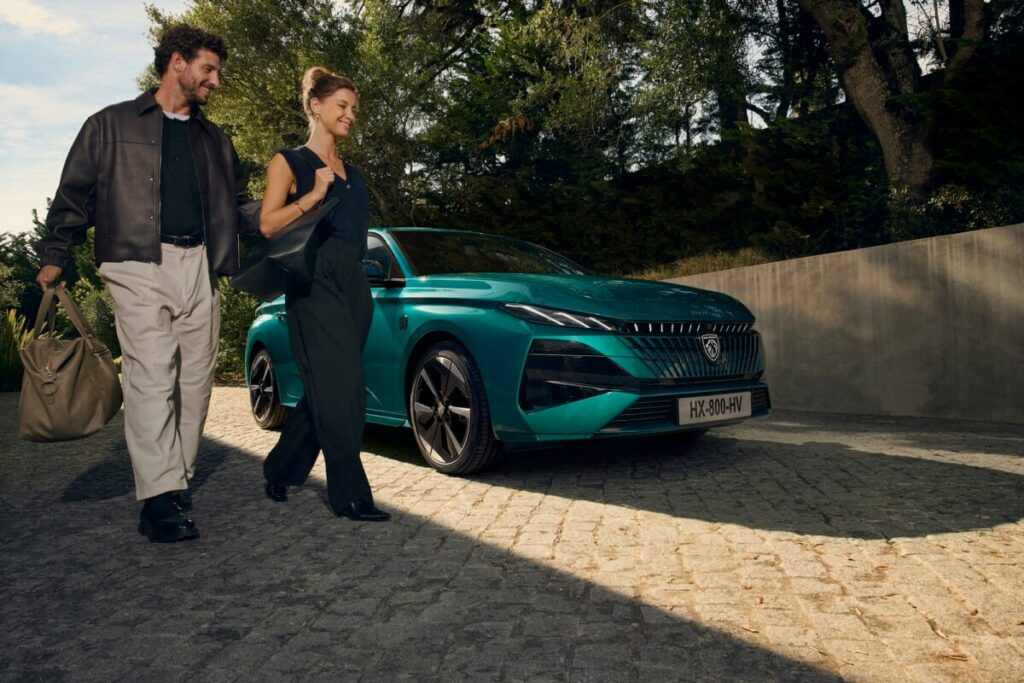
The government’s clear objective is to make substantial savings. Motorists are becoming a priority target, in particular through taxation and the reduction of certain forms of public support. This strategy is part of a continuum that began in 2024, with subsidies for the purchase of clean vehicles already being reduced.
Help with purchasing
Since 2025, the State has withdrawn from the ecological bonus. The purchase subsidy, now known as the « coup de pouce véhicules électriques », is financed by energy suppliers. This also applies to social leasing, which was previously subsidised by the State. Some public subsidies are therefore disappearing, but other schemes remain in place.
This decision comes on top of other impacting measures. Purchase incentives have been halved in the space of a year. As a result, the budget available to encourage the transition to electric cars has been drastically reduced, increasing the pressure on consumers.
Charging stations
The tax credit for installing a home charging point, initially scheduled to run until 31 December 2025, represents aid of 500 euros for private individuals wishing to install a wallbox. Its continuation had caused concern among motorists and professionals in the sector.
In the end, the Finance Committee extended the tax credit until 2027. However, the total cost of installation remains high, at up to €2,000, which is still a barrier for some households. Experts point out that this expense could limit the adoption of electric vehicles, despite the extension of the aid.
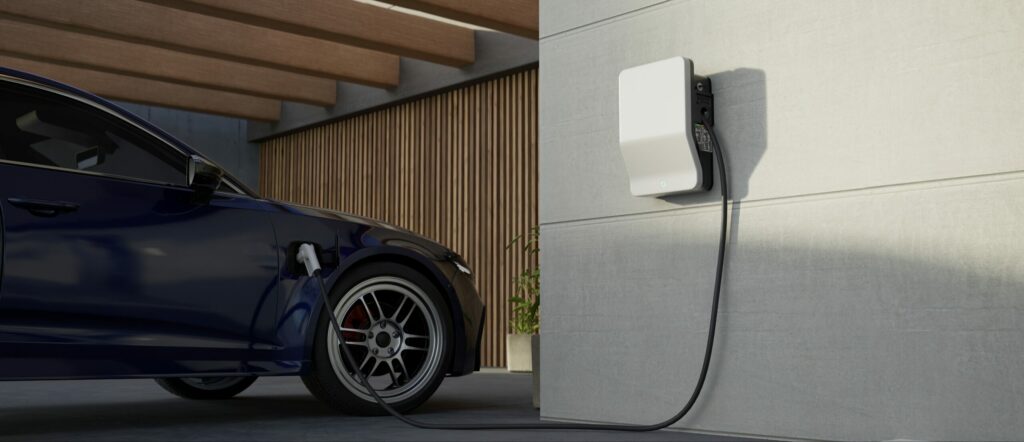
At the same time, the government is aiming for 7 million charging points by 2030. Without additional incentives for consumers, this target could remain elusive, even with the involvement of dealers and installers.
Companies also concerned
Company car tax (TVS) will be gradually increased until 2028. The CO2 tax and the tax on atmospheric pollutants will be increased to encourage greener fleets.
As a result, the tax burden on polluting company vehicles will increase, while only electric and hydrogen-powered vehicles will retain their tax benefits. This measure is an incentive to reduce emissions and accelerate the adoption of clean vehicles.
Fuel taxation and E85
E85, a fuel containing up to 85% ethanol that is taxed very lightly, could be subject to a gradual price increase. The bill envisages a surcharge of 40 to 50 centimes per litre by 2028. This change would alter the profitability calculation for conversion kits.
Although E85 would remain cheaper than SP95, the difference would be significantly reduced. This measure was rejected by the committee, but could come back during debates in the House, creating uncertainty for the motorists concerned.
Increased penalties
The CO2 penalty will be stricter from January 2026, with the threshold lowered to 108 g/km. The maximum amount will rise from €70,000 to €80,000, and may reach €100,000 in 2028 for the highest-emission vehicles. This increase applies to internal combustion vehicles and certain hybrids.
At the same time, the weight-based penalty will apply from 1,500 kg, with a more progressive scale. Electric models that are not ‘eco-scored’ will also be affected, with a 600 kg allowance to limit the effect on certain vehicles.
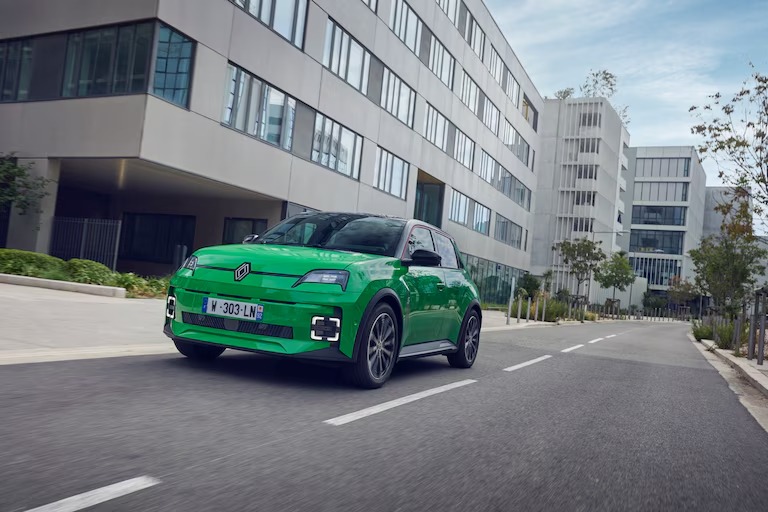
The energy transition called into question
The reduction in certain forms of public support and the tightening of taxes could make access to electric vehicles more difficult for less well-off households. The adoption of zero-emission cars could remain concentrated among the most privileged drivers.
The PLF 2026 illustrates the government’s dilemma between budget savings and energy transition. Future decisions will determine the future of clean cars in France.

